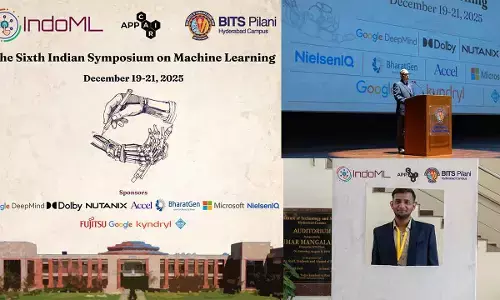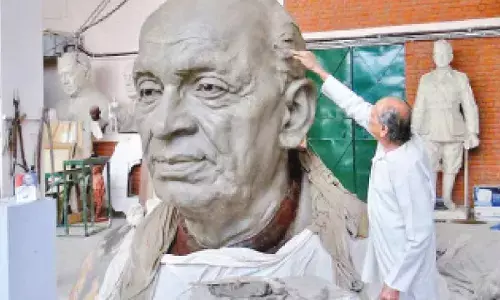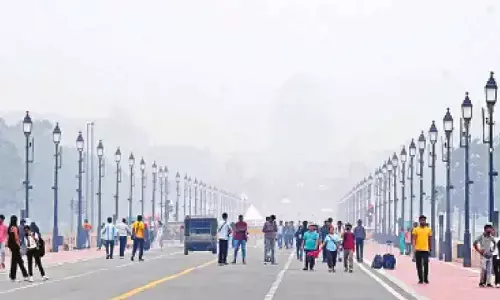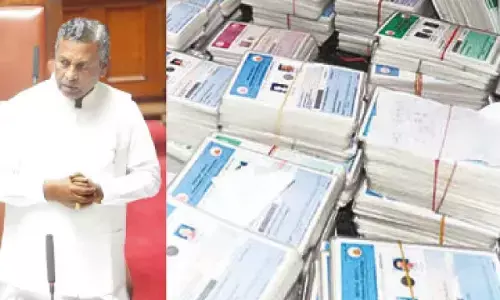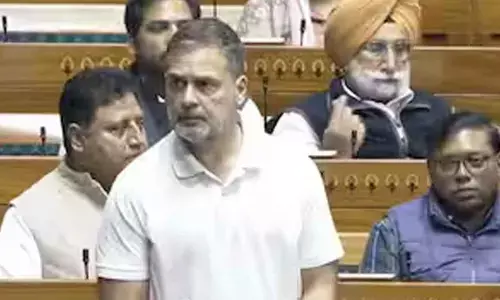Health ministers commit to renew, accelerate efforts to end TB in Southeast Asia
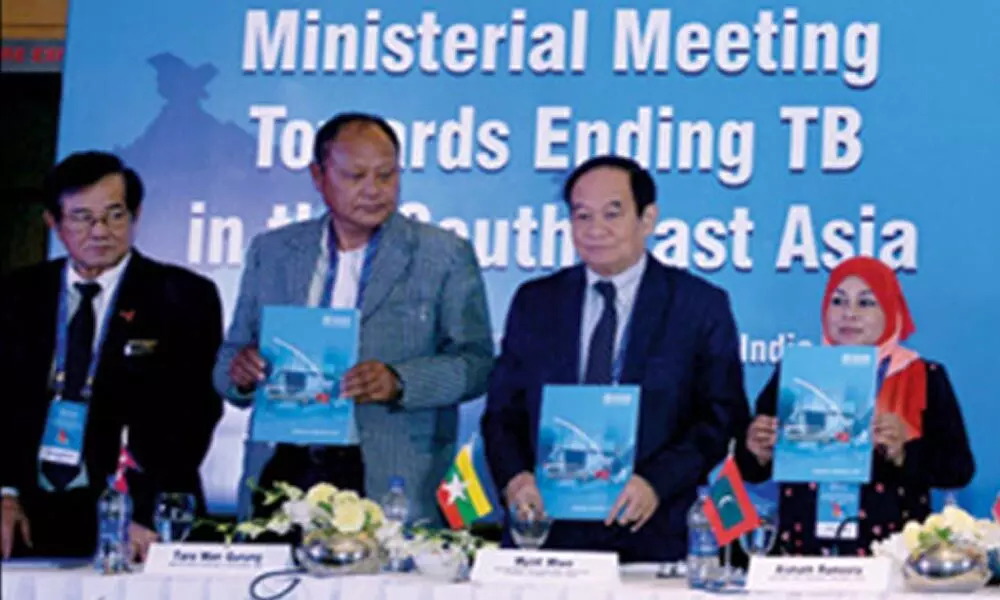
Health ministers commit to renew, accelerate efforts to end TB in Southeast Asia (Couretsy: AFP)
The health ministers of countries in the WHO South-East Asia Region on Tuesday committed to renew and accelerate efforts to end tuberculosis, in view of the Covid pandemic disrupting services and leading to an increase in TB cases in the already high-burden region.
New Delhi: The health ministers of countries in the WHO South-East Asia Region on Tuesday committed to renew and accelerate efforts to end tuberculosis, in view of the Covid pandemic disrupting services and leading to an increase in TB cases in the already high-burden region.
Over 4.3 million tuberculosis cases are estimated to have emerged in 2020 with the region accounting for 43 per cent of all new TB cases globally, according to a statement by the WHO. Addressing a high-level meeting virtually, WHO director general Dr Tedros Adhanom said despite being preventable and treatable, TB kills more than a million people every year, almost half of them in the WHO South East-Asia Region. The meeting was organised by the ministries of health of India, Indonesia and Nepal, and WHO South-East Asia Regional Office.
Inaugurating the meeting, Dr Poonam Khetrapal Singh, the regional director of WHO South-East Asia Region, said immediate steps are needed to scale-up preventive, diagnostic and treatment services for TB, and significantly bolster social protection measures while specifically addressing undernutrition among the vulnerable populations. At the day-long meeting, the ministers of health signed on a 'Ministerial Statement of Commitment' unanimously committing to actualise and intensify essential interventions. The ministers committed to a multi-sectoral and whole of society approach to end TB with national programs led by the highest possible political level, and closely monitored for targets. They agreed to increase budgetary and human resource allocations, including upfront investments required to catch-up on lost ground during the COVID-19 pandemic. It is estimated that USD 3 billion may be needed annually to implement a comprehensive set of interventions required to end TB in the region, the WHO statement said.
The ministerial statement called for ensuring the highest attainable standards of rights-based, stigma-free, quality-assured and people-centric services. It emphasised that preventive, diagnostic, treatment, rehabilitative and palliative care, should be accessible to all, including migrants, prisoners, children, the aged and other high-risk populations such as people with TB/HIV co-infections. It called for increasing outreach of care by strengthening services at all possible health centres and use of innovative care and delivery approaches such as digital health and efficient use of technology. The ministers of health committed to mainstream social and financial protection along with TB care services. Poverty and undernutrition are among the biggest contributors to TB disease, the statement said.
It called for social support to TB patients and their families from the time of development of symptoms, to diagnosis till the successful treatment completion and in some cases beyond treatment to address the sequelae, to achieve the goal of eliminating catastrophic financial losses. The ministerial statement emphasised on empowerment and engagement of community and civil society representatives in planning, monitoring, organising and providing for such support to ensure a people-centred response. Representatives of partner agencies -- Global Fund, Stop TB Partnership, JICA, ADB, World Bank, US Embassy, among others -- participated in the meeting. The WHO South-East Asia Region, home to a quarter of the world's population, bears 43 per cent of the global TB burden and one third of the global burden of drug resistant TB, according to the statement. Hence, in 2017, Singh announced 'accelerated efforts to end TB' as a regional flagship. At a high-level meeting, Ministers of Health and WHO adopted a 'call to action' committing to more resources and action to end the disease.
In 2018, the region renewed its commitment to further intensify efforts and ensure rapid and concrete progress to end TB by 2030. With concerted efforts and highest-level commitment, progress was being made to trace and treat the affected to curtail the TB epidemic. Notification of TB cases increased to 3.6 million cases in 2019 from 2.6 million cases in 2015. As a result, the total treatment coverage increased by about 30 per cent. The treatment success rate among new drug-sensitive TB (DS-TB) patients increased from 79 per cent among the 2014 cohort to 84 per cent for the 2018 cohort. Bangladesh, Myanmar and Thailand were on track to achieve the 2020 End TB milestones for reduction in mortality, while Myanmar was also on track to reach the milestone for reduction in incidence rate. However, the pandemic reversed the progress by disrupting access to health services and exacerbating social factors like poverty and undernutrition.









